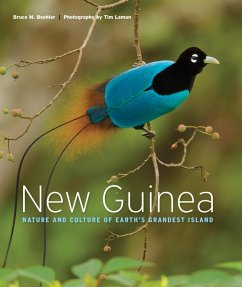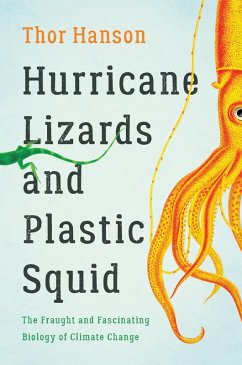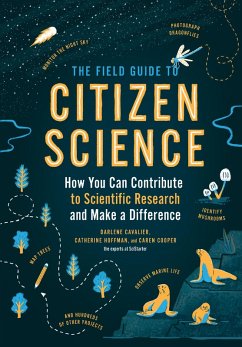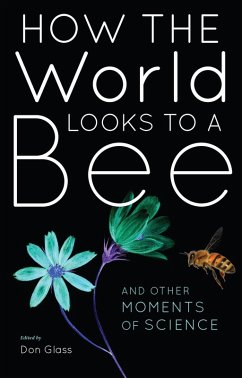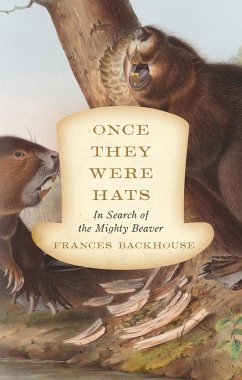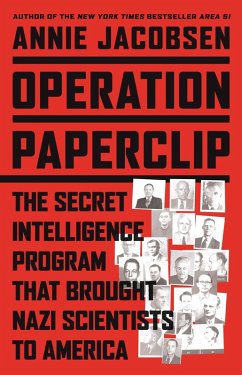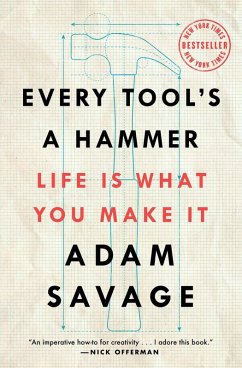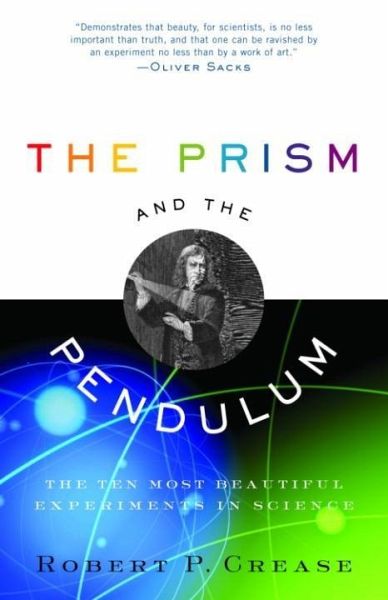
The Prism and the Pendulum (eBook, ePUB)
The Ten Most Beautiful Experiments in Science

PAYBACK Punkte
2 °P sammeln!
Is science beautiful? Yes, argues acclaimed philosopher and historian of science Robert P. Crease in this engaging exploration of history's most beautiful experiments. The result is an engrossing journey through nearly 2,500 years of scientific innovation. Along the way, we encounter glimpses into the personalities and creative thinking of some of the field's most interesting figures. We see the first measurement of the earth's circumference, accomplished in the third century B.C. by Eratosthenes using sticks, shadows, and simple geometry. We visit Foucault's mesmerizing pendulum, a cannonball...
Is science beautiful? Yes, argues acclaimed philosopher and historian of science Robert P. Crease in this engaging exploration of history's most beautiful experiments. The result is an engrossing journey through nearly 2,500 years of scientific innovation. Along the way, we encounter glimpses into the personalities and creative thinking of some of the field's most interesting figures. We see the first measurement of the earth's circumference, accomplished in the third century B.C. by Eratosthenes using sticks, shadows, and simple geometry. We visit Foucault's mesmerizing pendulum, a cannonball suspended from the dome of the Panthéon in Paris that allows us to see the rotation of the earth on its axis. We meet Galileothe only scientist with two experiments in the top tenbrilliantly drawing on his musical training to measure the speed of falling bodies. And we travel to the quantum world, in the most beautiful experiment of all. We also learn why these ten experiments exert such a powerful hold on our imaginations. From the ancient world to cutting-edge physics, these ten exhilarating moments reveal something fundamental about the world, pulling us out of confusion and revealing nature's elegance. The Prism and the Pendulum brings us face-to-face with the wonder of science.
Dieser Download kann aus rechtlichen Gründen nur mit Rechnungsadresse in A, B, BG, CZ, D, DK, EW, E, FIN, F, GR, HR, H, I, LT, L, LR, NL, PL, P, R, S, SLO, SK ausgeliefert werden.




